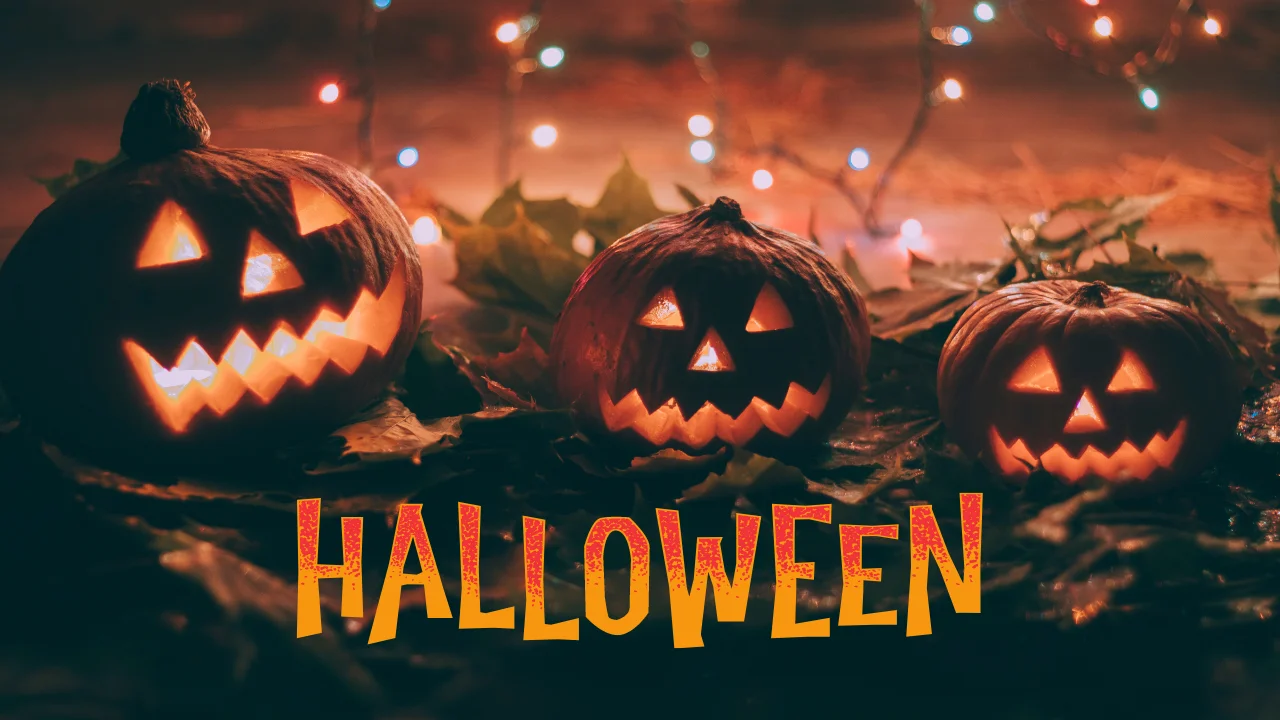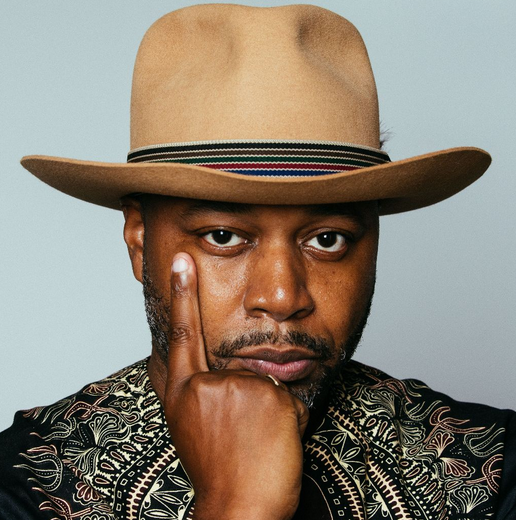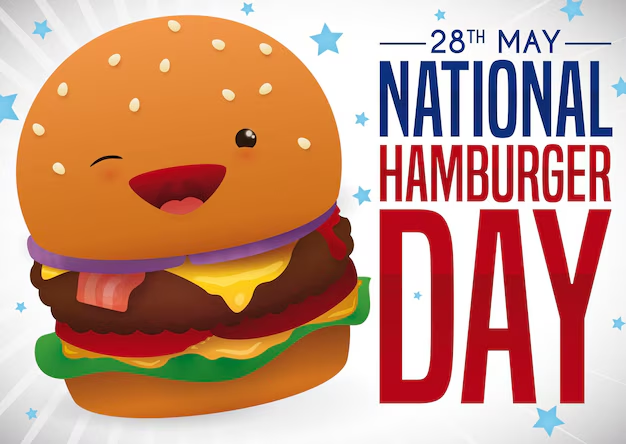Trick or Treat? It’s almost time for this popular refrain to echo worldwide. Halloween is around the corner, on October 31. Lawns, shops and businesses are dressing up in their spooky best. The combination of Halloween, fall, pumpkins and cinnamon in the air warms our souls. Halloween is celebrated on a grand scale across the country. After all, it is the second most crucial shopping festival.
People have Halloween parties to attend, candies to give out, and houses to decorate with holiday symbols. But do you know why we celebrate this spooky day? Or, why do we dress up in ghostly and weird costumes? Or give candies? Or carve pumpkins? If you do not, read about this holiday, how it started, where it came from, and much more. It will be a fun read with no scary turns!
Also read : https://blackstarnews.com/halloween-2024-date/
Halloween Origin – The Backstory
Samhain and Why is Halloween celebrated on October 31?
Halloween traces its origin to the old Celtic festival, Samhain. The Celtics were a group of people who lived in Ireland, parts of the United Kingdom and France. They celebrated Samhain on October 31 to mark the end of the harvest season, begin a new year on November 1 and pray to survive the cold, dreary winter. Winter was a season fraught with darkness and death. Many people lost their lives during this season. The Celts thought that this day brought the ghosts to their world and that these ghosts would damage their crops and inflict suffering. To appease these spirits, they established many rituals like bonfires and dressing up as ghosts that continue in some form in the Halloween traditions even today.
From All Hallows Eve to Halloween
Later, Christianity reached the Celtic regions, and the Church declared November 2 as All Soul’s Day. It was a day dedicated to the departed souls, similar to Samhain and many rituals like bonfires and dressing up were a part of it. The Church had earlier declared November 1 as All Saint’s Day, also called All Hallows. The day before that, October 31, became known as All Hallows Eve, now called Halloween.
The Story of the Pumpkin on Halloween: Jack O’ Lanterns
The association of pumpkin to Halloween dates back to Old Irish folklore. It relates to a story about a person, Stingy Jack. He was a no-do-gooder but was very smart. When Satan came to claim his soul two times, he fooled Satan both times. When he eventually died, Stingy Jack did not get entry into heaven because of his misdeeds, and Satan could not take him to Hell because that was a part of the deal Satan made with Jack when he had fooled him earlier.
Satan gave him an ember from the Hellfire, which Jack carried in a carved turnip. His Spirit roamed Earth with this unusual lantern. That’s how it got its name, Jack-o’- Lantern. Later, turnips were replaced with pumpkins as they were abundant. The traditions of picking and carving pumpkins are remnants of Stingy Jack’s folklore.
Fall is associated with the abundance of pumpkins, and we have a whole list of pumpkin products, from soups, lattes, pies and aromas, to bring in the cosy feel to Halloween. The Halloween decorations signal all things fall, and families get together to celebrate this occasion and create memories.
Also read: Best Horror Games for Halloween 2024: Zombies, Ghosts, and Thrills
Halloween Candies: Trick or Treat!
In the old Samhain festival, the Celts would invite the ghosts of their long-dead ancestors and other spirits to their homes to eat and drink with them. They did this so that these spirits would be happy with them and not cause them any distress during the deathly winter days. They would often leave out food for them at night and keep the windows of their homes open. Children would sing songs for the dead and were rewarded with sweet things by their families. People believed that spirits also played tricks on people today, and they started tricking each other and blaming the spirits. This tradition is why trick-or-treating is a part of Halloween. The Irish immigrants brought many of these old Irish traditions, as Halloween has roots in their earlier tradition of Samhain.
Dressing Up on Halloween: The Crazy Dress Up Day
During Samhain, the Celts would light a huge bonfire, and all village members would gather around dressed in animal skins. This day was essential because they thought the spirits visited them. The Celts tried their best to please these spirits because they thought the spirits could bring them misfortune if they were displeased.
Also read: Top Celebrity Halloween Costumes 2024: Creativity Meets Pop Culture Magic
The Halloween Shopping Industry
Halloween is one of the most important days for Americans to shop, second only to Christmas. This spooky holiday rakes in billions of dollars for the economy. The spending on Halloween has seen mostly gains in recent years, with the highest earnings in 2023. The 2024 figure is a tad lower than 2023. Halloween made around $12 billion last year, and this year’s figures are slightly lower than this.
Americans spend the most on costumes and home decorations, followed by candies. The figures run more than $3 billion for each category. Businesses in these categories have special Halloween marketing drives, as most of their sales happen during this period.
Halloween Is Evil?
Halloween has its roots in the old pagan festival Samhain. Although it is the eve of All Saint’s Day, many traditions come from Samhain. The earlier Celts had reasons to believe and follow these traditions, and it was more about respecting something they thought had the power to change their lives, often for the worse.
Today is more of a community event and a chance for people to celebrate together. It is not so much related to the original Samhain values but still carries forward some of its symbols.








